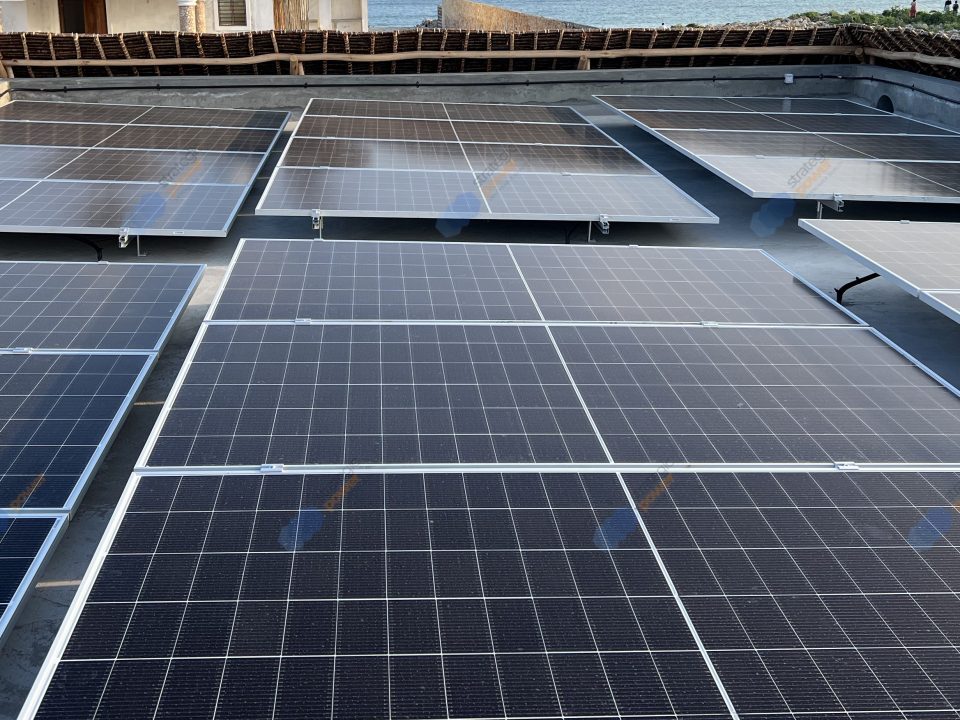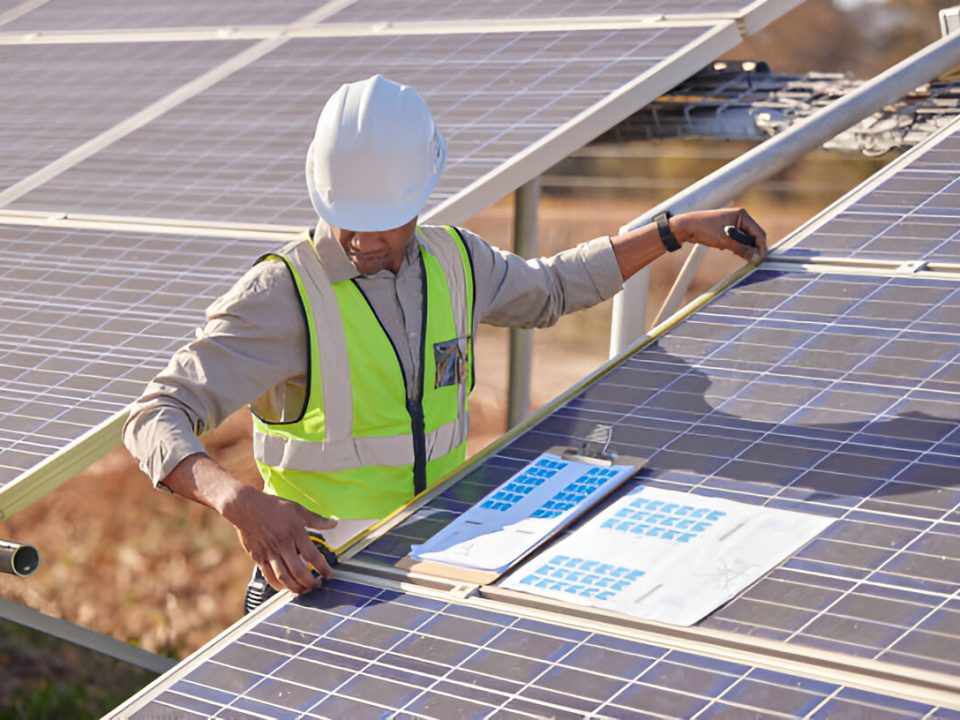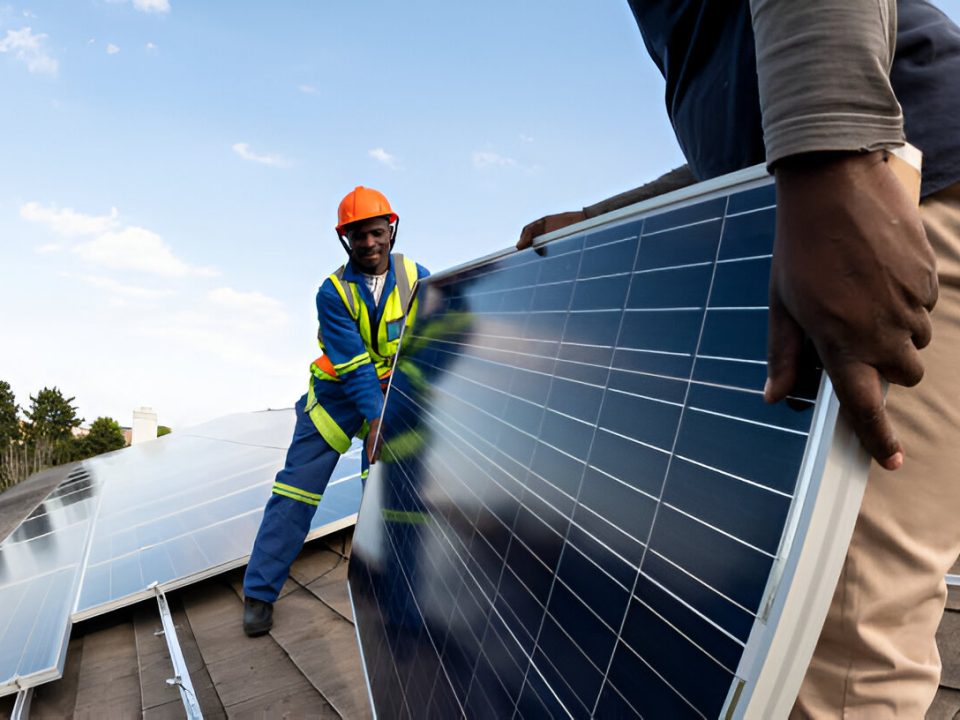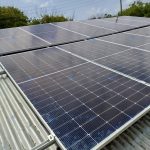
Strategic Power Delivers a State-of-the-Art 8kW Hybrid Solar Power System in Watamu, Kilifi County
June 3, 2024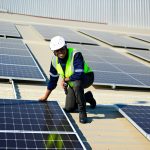
Maximizing Solar Efficiency in Kenya: What to Expect from Your Solar System Over 25 Years
October 26, 2024At Strategic Power, we understand the unique energy challenges that Kenya faces, from the unpredictability of load shedding to the increasing cost of electricity. In response, we have conducted extensive research into the motivations behind solar energy adoption in Kenya, aiming to understand whether the decision to go solar is driven by fear of unreliable power supply or if it’s a result of thoughtful financial planning. The results of this study have provided us with valuable insights into the growing solar market in Kenya.
The Power Struggle: Load Shedding and Its Impact
Load shedding is a reality that many Kenyans face regularly. It is a symptom of an energy infrastructure that struggles to meet the demands of a rapidly growing economy and population. As the government and utilities grapple with power shortages and capacity constraints, homes and businesses are left in the dark for hours at a time.
Our research indicates that for many, the fear of losing access to electricity is one of the driving forces behind the decision to switch to solar power. For individuals and businesses that rely heavily on electricity for daily operations or comfort, the unpredictability of power cuts can lead to frustration, loss of productivity, and increased costs (e.g., running generators or buying fuel). This creates an immediate need for a more reliable and independent energy solution.
Solar energy, with its ability to provide consistent power from a renewable source, offers an attractive alternative. Many respondents in our research revealed that they made the decision to install solar systems as a direct response to load shedding, seeking a way to mitigate the inconvenience and uncertainty of electricity blackouts. The ability to have power at all times, without depending on the national grid, was seen as a necessary safeguard for both homes and businesses.
Financial Planning: A Long-Term Investment
While the fear of load shedding plays a significant role in the adoption of solar energy, our research also shows that thoughtful financial planning is increasingly a key motivator for many Kenyans. Over the years, electricity tariffs have risen, and the cost of traditional energy sources like diesel and petrol has made it harder for families and businesses to keep up. This has led many to reconsider their energy consumption habits and explore more cost-effective and sustainable alternatives.
The motivation behind going solar, in these cases, is less about fear and more about long-term financial security. Our research highlights that individuals and businesses are starting to recognize the significant savings that can be achieved over time by investing in solar energy. The upfront cost of solar panels and installation is an important consideration, but with the reduced monthly electricity bills, the system typically pays for itself in a few years. This savings potential has become even more appealing in the face of rising utility bills.
Additionally, businesses are recognizing the opportunity to increase their profit margins by reducing energy costs. With the potential for both short-term savings and long-term stability, solar energy offers a compelling investment opportunity. In fact, many businesses report that once they implemented solar systems, they noticed an immediate improvement in their cash flow, thanks to reduced reliance on grid power.
The Shift Toward Thoughtful Planning
Our study also revealed a shift in attitudes. Initially, many early adopters of solar technology were motivated by a sense of urgency, driven by fear of power cuts and rising energy costs. However, as solar systems have become more accessible and affordable, a growing number of individuals and businesses are making the switch for more strategic reasons. The conversation is moving from survival (avoiding power outages) to strategic growth (reducing energy costs and securing a cleaner future).
A key finding in our research is the increasing awareness of the environmental benefits of solar energy. As Kenya is a country that places high value on sustainability and environmental conservation, many are choosing solar not only to combat load shedding and save on costs, but also to contribute to the global effort to reduce carbon footprints and protect natural resources.
The Role of Government and Policy
For those who are still on the fence about going solar, government policies and incentives play an important role in influencing their decision. The Kenyan government has been supportive of solar adoption by offering tax incentives, rebates, and the waiving of certain duties on solar equipment. These initiatives are helping to make solar power more affordable and accessible, encouraging individuals and businesses to take the leap toward a more sustainable and cost-effective energy solution.
At Strategic Power, we believe that the right policy support, combined with increasing awareness about solar energy, will drive a stronger shift toward thoughtful financial planning and long-term energy independence.
Conclusion
The decision to go solar in Kenya is driven by both fear and thoughtful consideration. Load shedding remains a major concern for many households and businesses, pushing them to seek reliable power solutions like solar energy. However, the growing recognition of the financial and environmental benefits of solar power is leading to a shift in the motivations behind adoption. As Kenyans embrace solar energy, it is clear that the future of energy in the country will not be dictated by fear, but by strategic, long-term planning.
At Strategic Power, we are committed to helping our customers make informed decisions that are right for their specific energy needs. Whether your motivation is to combat power outages, save on electricity costs, or reduce your environmental impact, we’re here to guide you every step of the way toward a brighter, more sustainable energy future.

